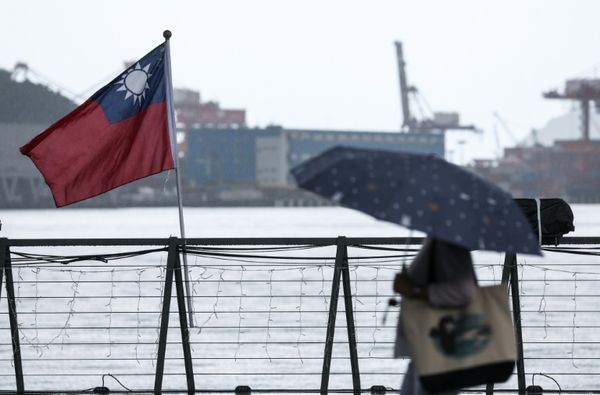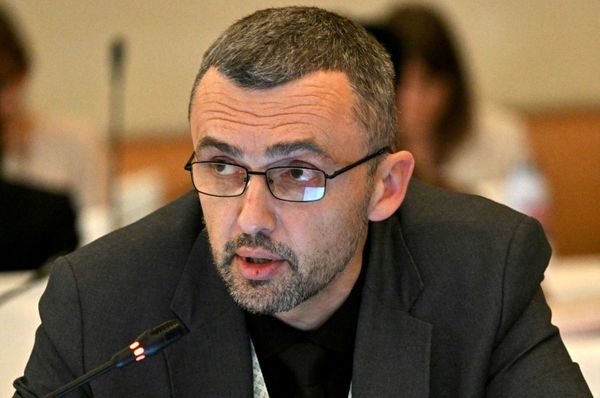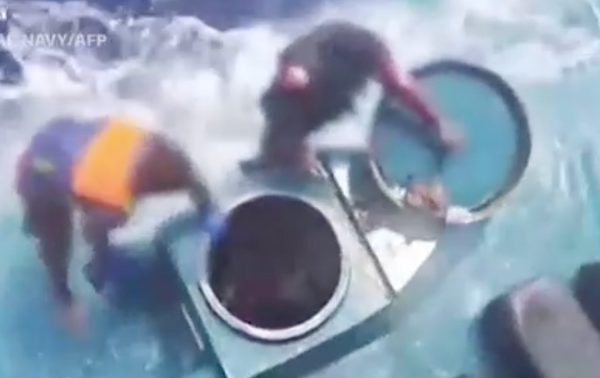
In his 1968 essay The Tragedy of the Commons, the ecologist Garrett Hardin argued that resources which do not clearly belong to anyone are likely to be overexploited, since protecting them is in no one person’s interest. That tragedy is unfolding on the high seas – the two-thirds of the ocean that lies beyond coastal states’ national jurisdiction. This is a commons, where fishing and mining have been opened to all. The result is serious damage to a vital resource that covers almost half the planet’s surface. The high seas are not entirely lawless. Yet only a tiny fraction of these waters are protected from exploitation, despite harbouring the world’s marine wilderness and its unique biodiversity.
Beneath the waves lies a rich prize. Many scientists think the high seas harbour novel disease-fighting chemistry that might lead to new drugs. Until this month, there was no mechanism to prevent nations or companies monopolising the world’s marine genetic resources. One study in 2018 pointed out that BASF, which calls itself “the largest chemical producer in the world”, owned nearly half of the 13,000 patents derived from marine organisms. Mining exploration licences in the Pacific alone span an area almost as wide as the US. If deep sea extraction were permitted to go ahead, many warn, it would lead to biodiversity loss on an enormous scale.
The good news is that the agreement of a historic UN ocean treaty this month may help to slow the plunder. Crucially the deal keeps alive the 30x30 target – a pledge made by countries at the UN biodiversity conference in December that aims to protect 30% of sea (and land) by 2030. The treaty tries to accommodate both the global north’s desire for a legal framework for establishing marine protected areas (MPAs) to protect against the loss of wildlife and the global south’s expectation that resources are seen as being common to all.
All this arrives not a moment too soon. The oceans are not an inexhaustible resource. Yet humanity treats them as if they are boundless. There are limits to how many animals and plants can be sustainably harvested for food and other products. Nor can humanity carry on dumping sewage and pollutants into the watery depths with little care for what damage is being done. In absorbing the carbon dioxide generated by burning fossil fuels, the oceans become much more acidic, threatening marine life. The International Union for Conservation of Nature says that nearly 9% of saltwater species are at risk of extinction.
What is encouraging is that the delegates from 193 member states put aside their geopolitical differences to work together in the name of protecting the seas. The new treaty is crucial, as the UN secretary general, António Guterres, said, for addressing the triple planetary crisis of climate change, biodiversity loss and pollution.
There is still some way to go. The new law must be ratified by 60 member states before it can be enforced. The final text contains a tension between the two principles of the “Freedom of the High Seas” and the “Common Heritage of Humankind”. One key test will be if traditional powers allow controlled access to marine genetic resources and for profits derived from the high seas to be equally shared among all states. The onus is on developed nations to act responsibly because, as Mr Hardin pointed out, too much “freedom in a commons brings ruin to all”.







